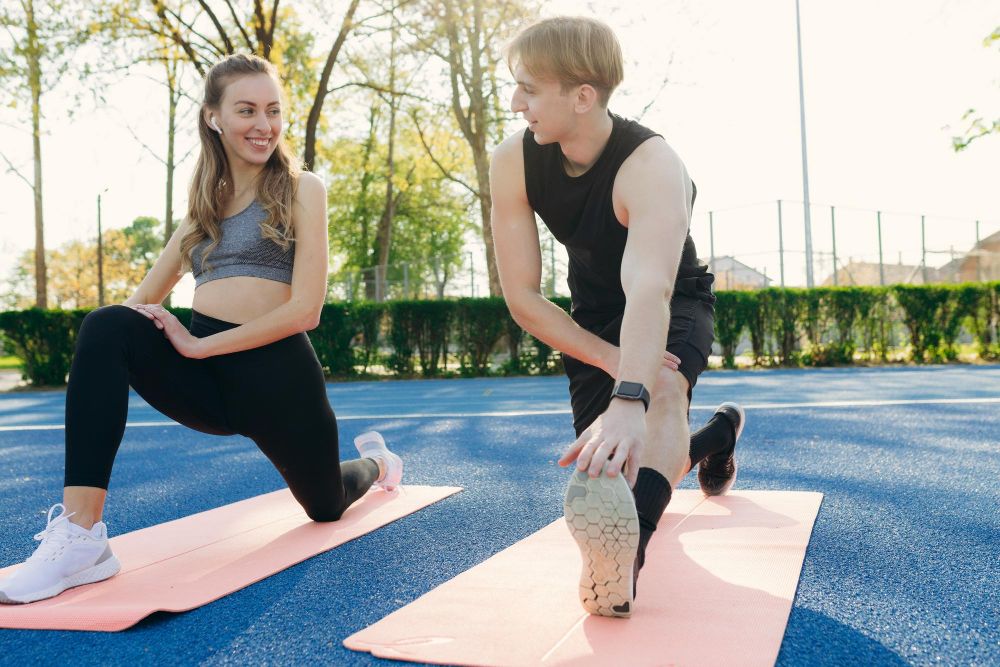When we picture sprinters, we classify them in two generalizations. First the unstoppable kinds, who are in their optimal health, seem extremely fit like they will be able to racing in their old age. And then there are those who consistently deal with cramps, injuries, fractures and struggling to even think about running further. What we don’t notice about both these kinds that they have hidden differences in their bone densities.
When you balance your lifestyle, diet and training well, you may trigger your running to strengthen your bones, else if you balance them poorly, you may have to face issues with bone health in the process. Theresa Johnston, PhD a therapist, researcher and an actual runner has shared more about how you could improve your training for healthier bones.
Keep on running for healthy bones
Running is considered as one of the great aerobic activities that helps maintain healthy bones. Even just a minute running every day for women has linked to improved bone health. According to Johnston, you have to load on bone to make it changed, remodeled and improved. Unlike cycling and swimming, running is an endurance training which is equally load-bearing. With each step you move forward, you are charging force through your legs as your weight touches the ground. Runners who use trails to continuously jump around roots and rocks are also likely to develop their bone densities. Running is great for endurance but that doesn’t mean you should skip other strength workouts as you need to develop core strength and upper body muscles as well.

Do weight-bearing exercises
Especially the more you age it’s vital for you to do strength training to increase bone density. For strength training you don’t need to hit the gym and start lifting heavy weights right away. Instead of that, doing body weight resistance workouts are something you could try. As Johnston recommends, you could use a resistance band and use your body strength rather than direct weight lifting to get the results from weight bearing workout effects with low potential risks.
Beware of overtraining
Every individual has specific balance point and the breakdown occurs when that point is crossed due to overtraining, says Johnston. Overtraining, when paired with under feeding, compromises bone health instead of improving bone density. You might think stress injuries from over exercises only happen to professional runners but that is not entirely true at all. To avoid stress injuries and associated adverse health impacts, make sure you take enough breaks from running, hydrate and fuel up perfectly for training. If you feel any sort of pain while you run, stop completely to check for any slight cramps and take enough rest before hitting the ground again.
Make you run perfect
“I love to focus on glutes and hips in the gym to make them stronger so they less likely fail me while I run”, says Johnston. As you get exhausted, you run differently leaving you with stress fractures which over time worsen you bone’s wellbeing. Fatigue or exhaustion could be your great reminder when you over train and could tell you when slow down your pace or stop, or cut short your run even to a slow brisk walk.

